United Against Female Genital Mutilation and Child Marriage
Voices of communities to bring lasting change in the Somali region of Ethiopia
Wossen Mulatu and Adam Sahilu
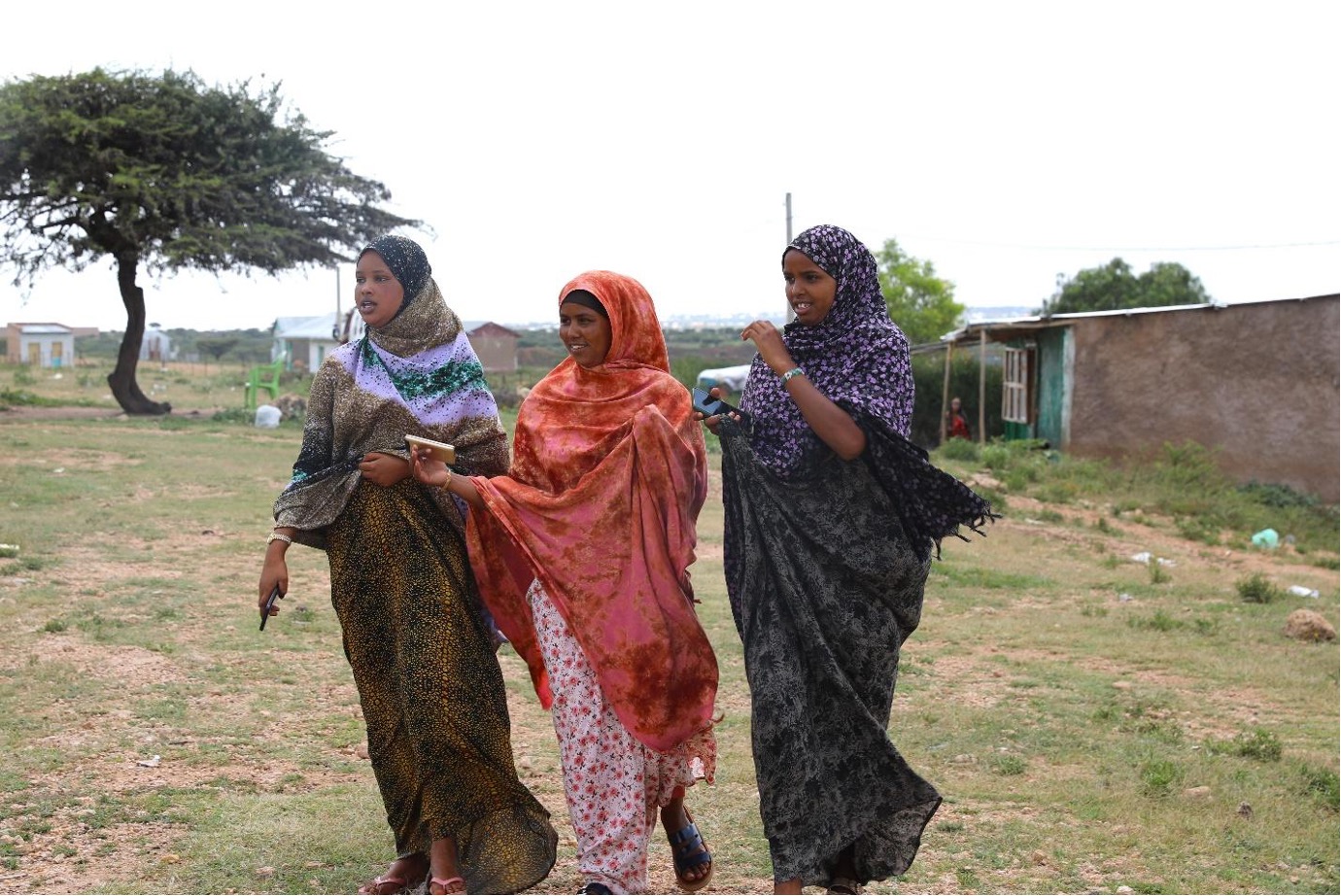
UNICEF Ethiopia/2024/ Sahilu
12 November 2024
In the Somali region of Ethiopia, the practices of FGM and child marriage are deeply rooted in cultural and social norms. Somali region has the highest prevalence rate of FGM, 99 per cent and 95 per cent for the age groups 15-49 and 15-19 respectively (EDHS 2016). Similarly, the prevalence of child marriage is 49.4 per cent.
UNICEF’s strategies to prevent such harmful practices include the empowerment of adolescent girls as well as men and boys to stir change in their community, community mobilization aimed at bringing a shift in the attitude and practices of families, strengthening services delivery, enhancing the enabling environment, and improving data and evidence which inform programming and policy level initiatives.
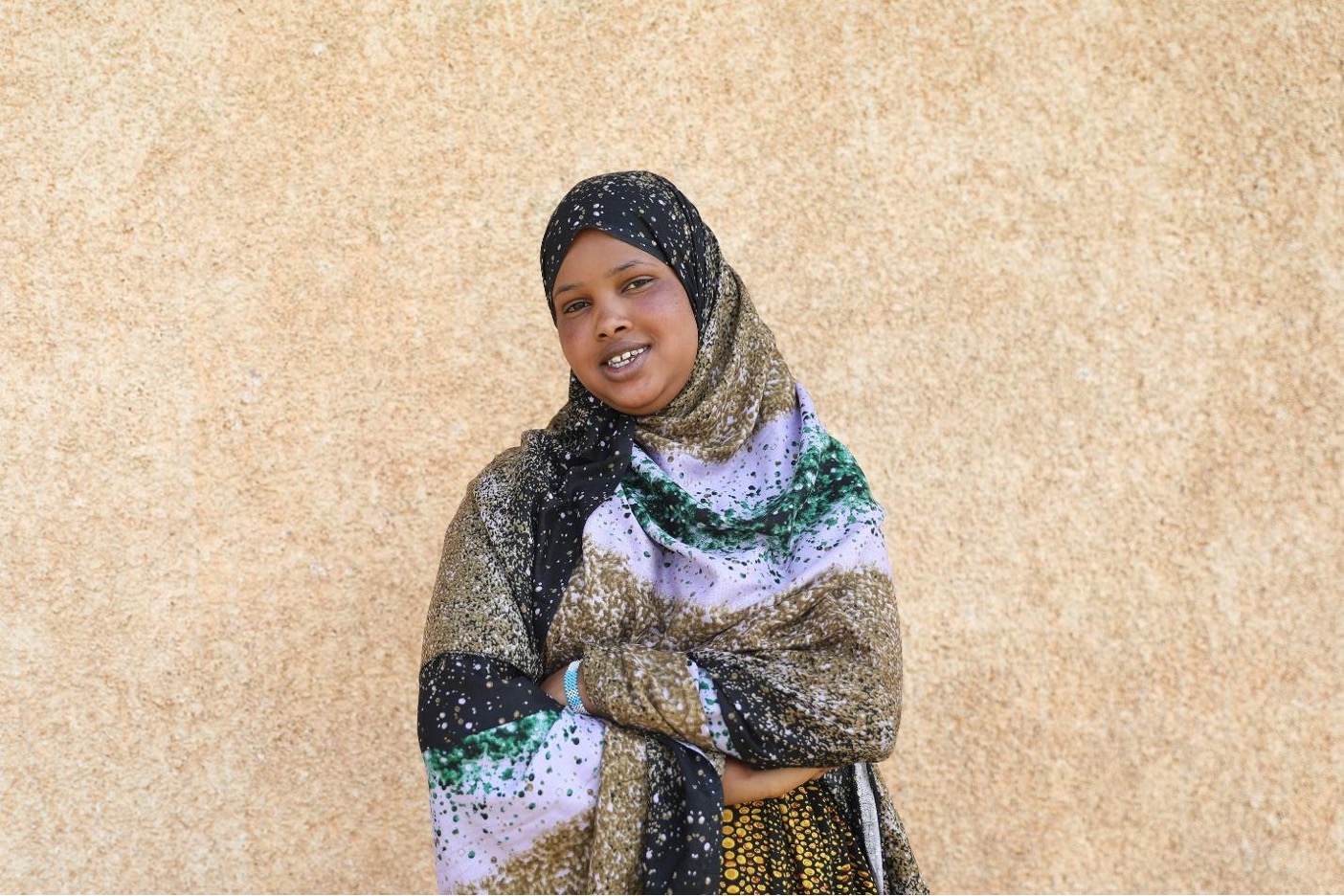
UNICEF Ethiopia/2024/ Sahilu
Mukrem Akbel, 20, is a mentor and a former 12th-grade student in Kebribiyah Woreda (district), Somali region. “My role is to support out-of-school adolescent girls in the age groups of 10-14 and 15-19 to champions against the practices of child marriage and FGM. We are around 25 in our group and meet once a week. There are a total of 19 sessions in the programme. We focus on developing our communication skills and self-awareness,” she explains.
In championing against FGM and child marriage, Mukrem underscores that their religion (Islam) prohibits these harmful practices, highlighting the health issues they cause for women and girls. Although some people support their efforts, others dismiss them as futile, but she remains optimistic. “The majority are on our side and only a few are challenging us” she observes. “I’m motivated and encouraged by the positive direction our community is taking and the changes we’ve seen so far.”
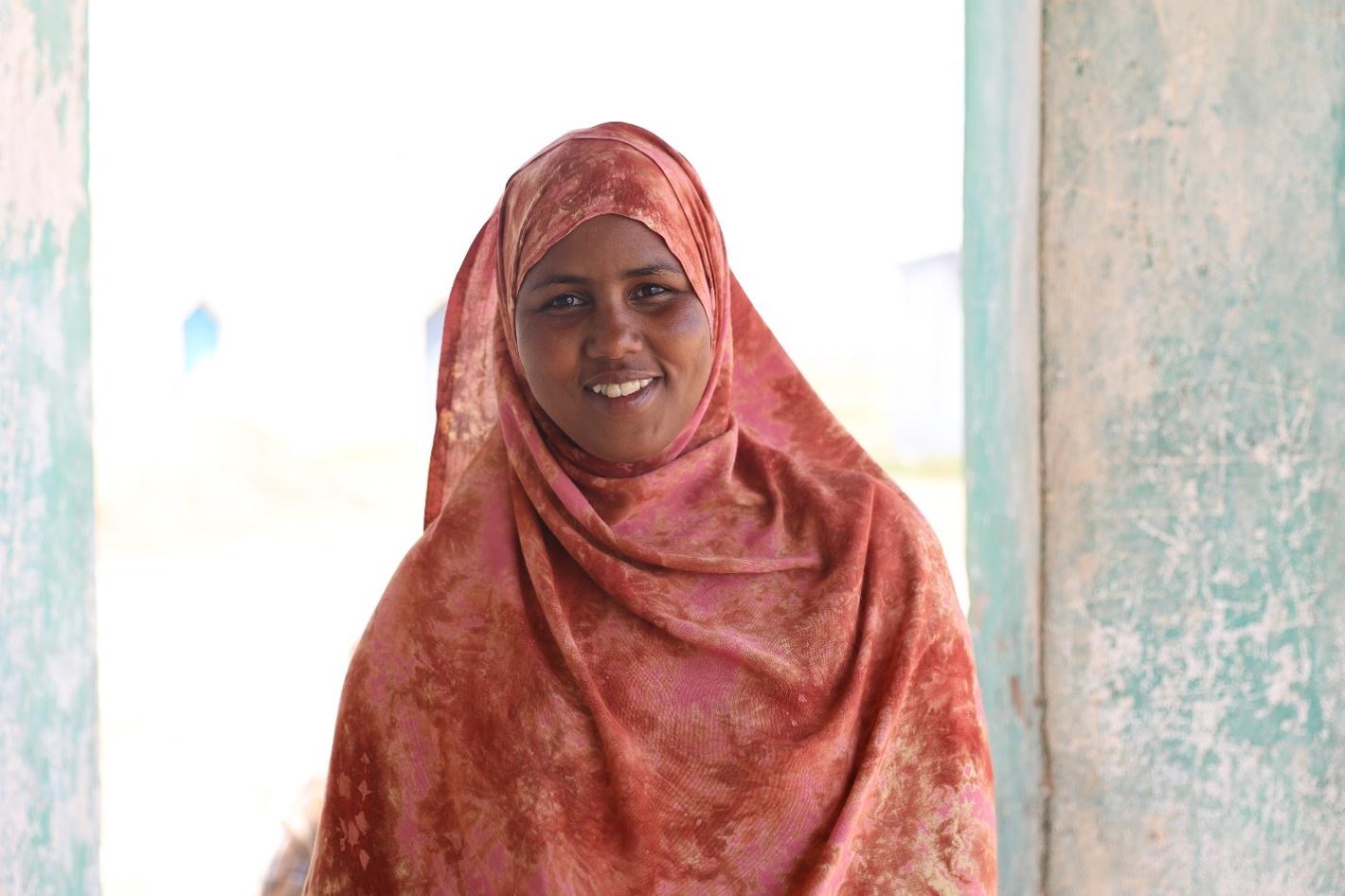
UNICEF Ethiopia/2024/ Sahilu
Ubah Abdirahman (20) serves as a facilitator for community conversation for adolescent groups in Garbi Kebele, focusing on preventing FGM and child marriage. She points out that there were once significant misconceptions surrounding these practices, but now both herself and her younger sisters are uncircumcised, reflecting changing attitudes in the community.
“Today, many men prefer to marry uncircumcised girls, signalling a positive shift,” said Ubah. However, the UNICEF programme also works with girls and women who have already undergone FGM so that they are not discriminated due to cutting status when they reach lawful marriage age.
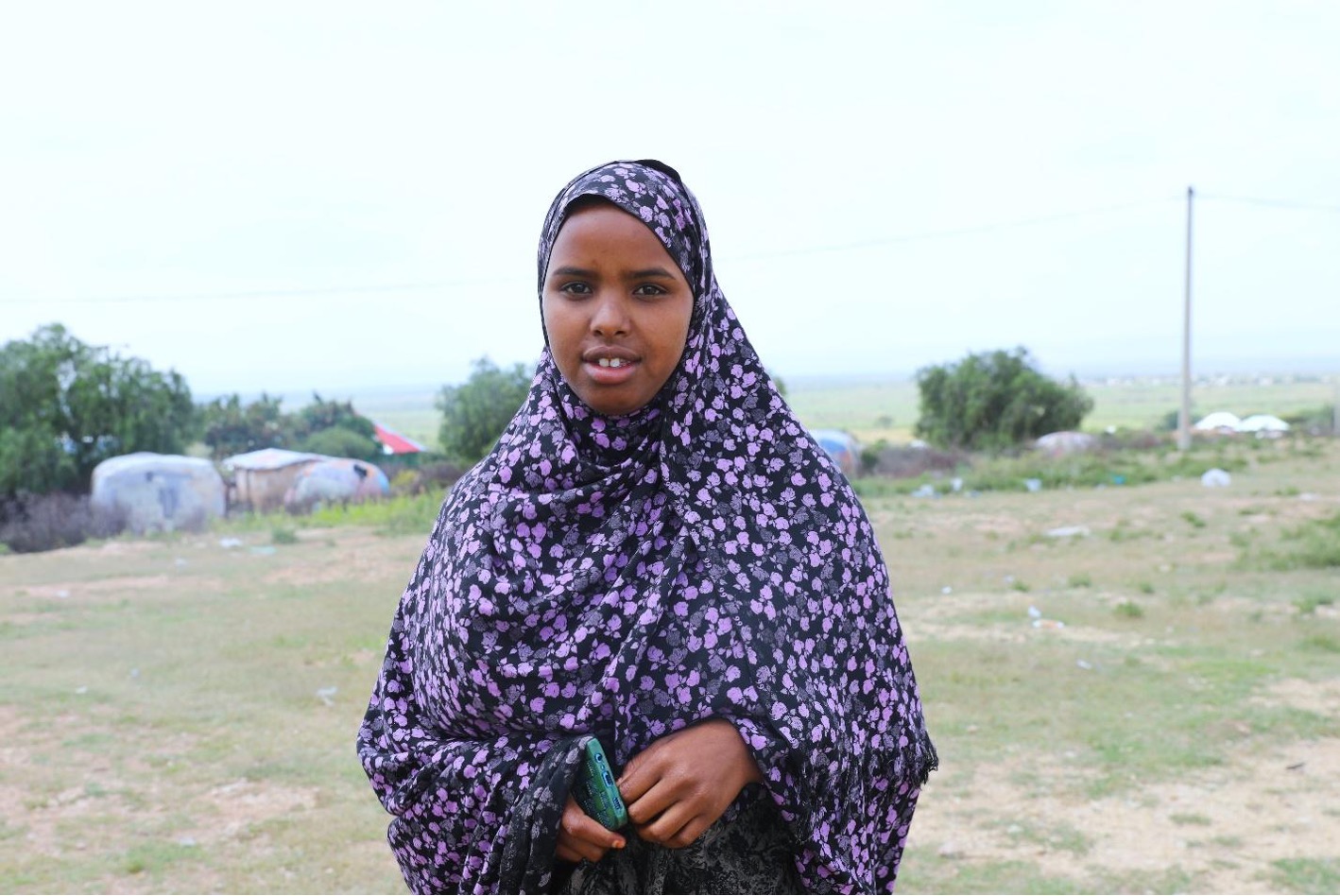
UNICEF Ethiopia/2024/ Sahilu
Fifteen-year-old Lamica Abdulrashid, an 8th grader had dropped out of school this year because her mother had left for some time. Her friends in the out of schoolgirls group championing against FGM and child marriage asked her to join them as they were worried that she might be married. Afterwards, she decided to go back to school and is a member for the 10-14 years old adolescent girls’ group of around 20 members.
“I would do the same for any of my friends if they dropped out of school” she says. Inspired by the health challenges girls face, including the impacts of FGM like fistula and other sexual and reproductive health complications she dreams of becoming a doctor in the future.
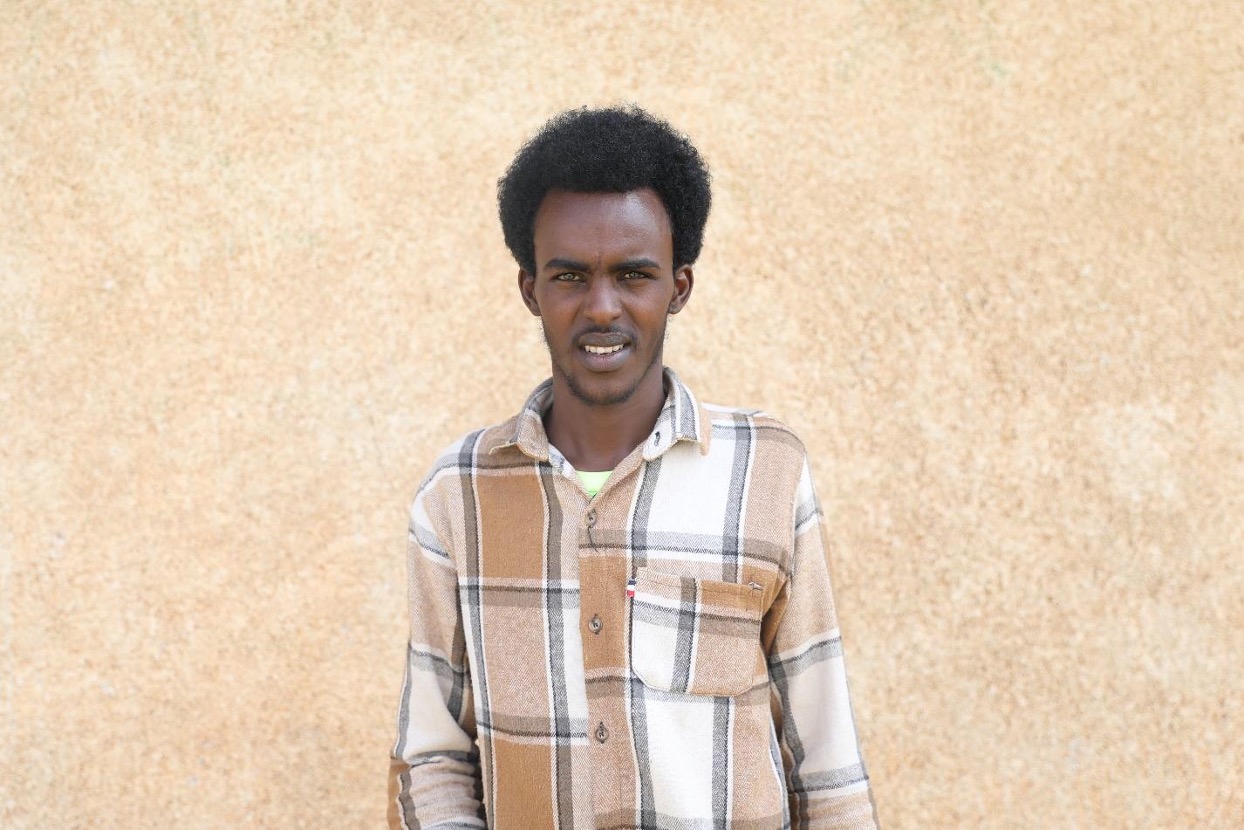
UNICEF Ethiopia/2024/ Sahilu
Kadir Abdi Abdilahi (21) is an enthusiastic facilitator who meets with young people once a week for a total of 19 sessions. His goal is to encourage them to return to school and to raise awareness about the issues of FGM and child marriage. Despite some parents questioning his motives, Kadir is passionate about his cause. Initially, he considered getting married while he was young, but his perspective has shifted. Now, he aspires to become a humanitarian worker, dedicated to making a positive impact in his community.
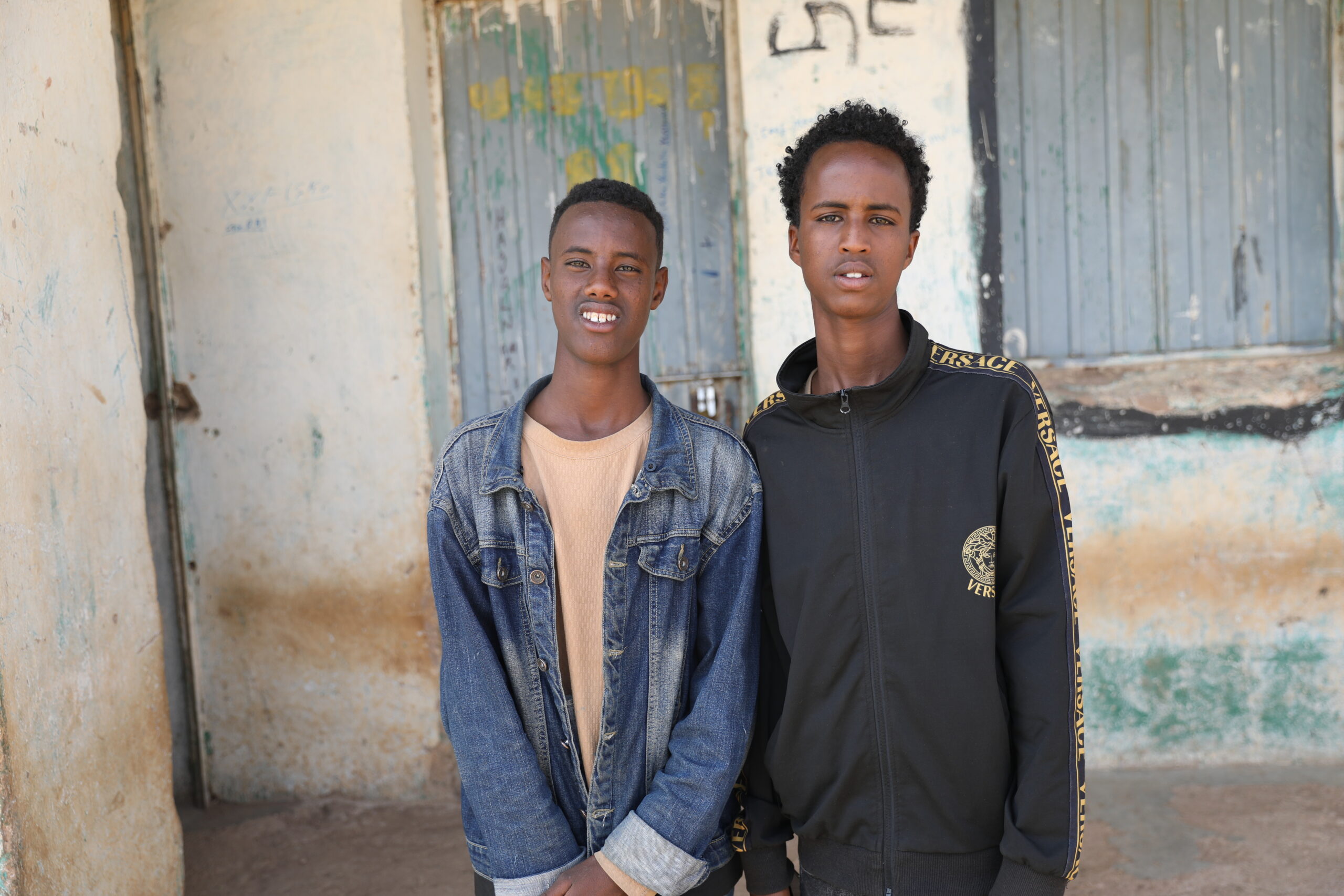
UNICEF Ethiopia/2024/ Sahilu
Anwar Sheik Abdirahman (14) is currently in 6th grade and participates life skill session for 10-14 years boys’ group. “Through our efforts to raise awareness, the practices of FGM and child marriage are declining in our community,” said Anwar. “We actively teach our peers that both practices are harmful and wrong.”
Anwar’s brother, Buseri Sheik Abdirahman (18) is a facilitator for young boys’ group aged 15-19. Currently, in 12th grade, he observes that only a few of the female students in his class have undergone circumcision showing a major shift in the deeply rooted practice in the community. “If there are girls who are by chance circumcised, they receive medical and psychological support at a hospital.” Buseri emphasizes the importance of life skills training, stating, “Boys my age do not support circumcision for girls. It’s unhealthy for them, and our religion also condemns the practice.”
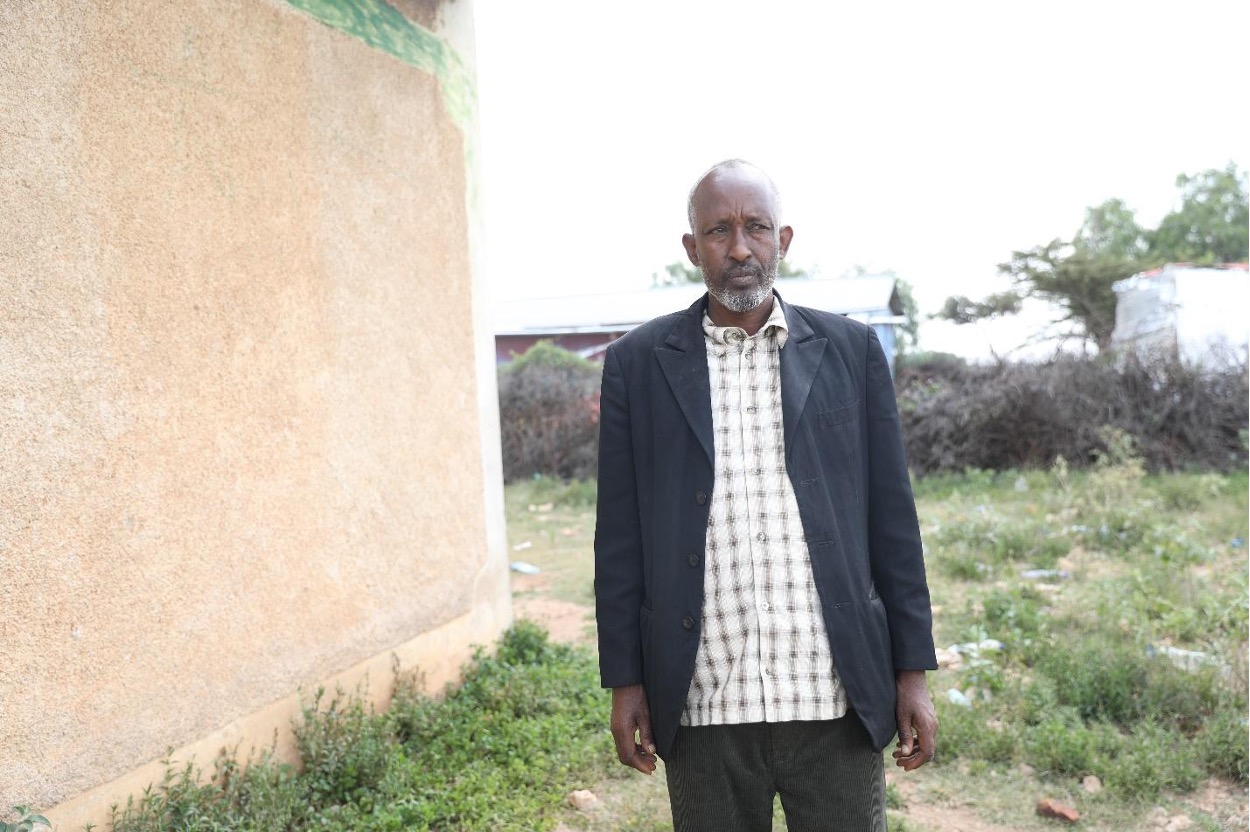
UNICEF Ethiopia/2024/ Sahilu
Ahmed Mohammed (42) is the head of Gebri kebele in Kebribyah woreda. His role involves raising awareness and acting whenever a case of FGM or child marriage is reported. The kebele organizes community discussions and collaborates with various stakeholders to be part of the broader solution for their community.
“I don’t recall any recent cases, which is a positive indication of the changes taking place,” he notes. He emphasizes that a lack of awareness has historically contributed to the issue, but the involvement of religious leaders has been instrumental in fostering change, as the community trusts their guidance. There is now a strict code of conduct in place, with penalties for those who engage in these practices, ranging from imprisonment to lesser punishments, such as fines involving livestock, for those acting out of ignorance. Ahmed’s wish for women is to see them healthy and advancing in their lives.
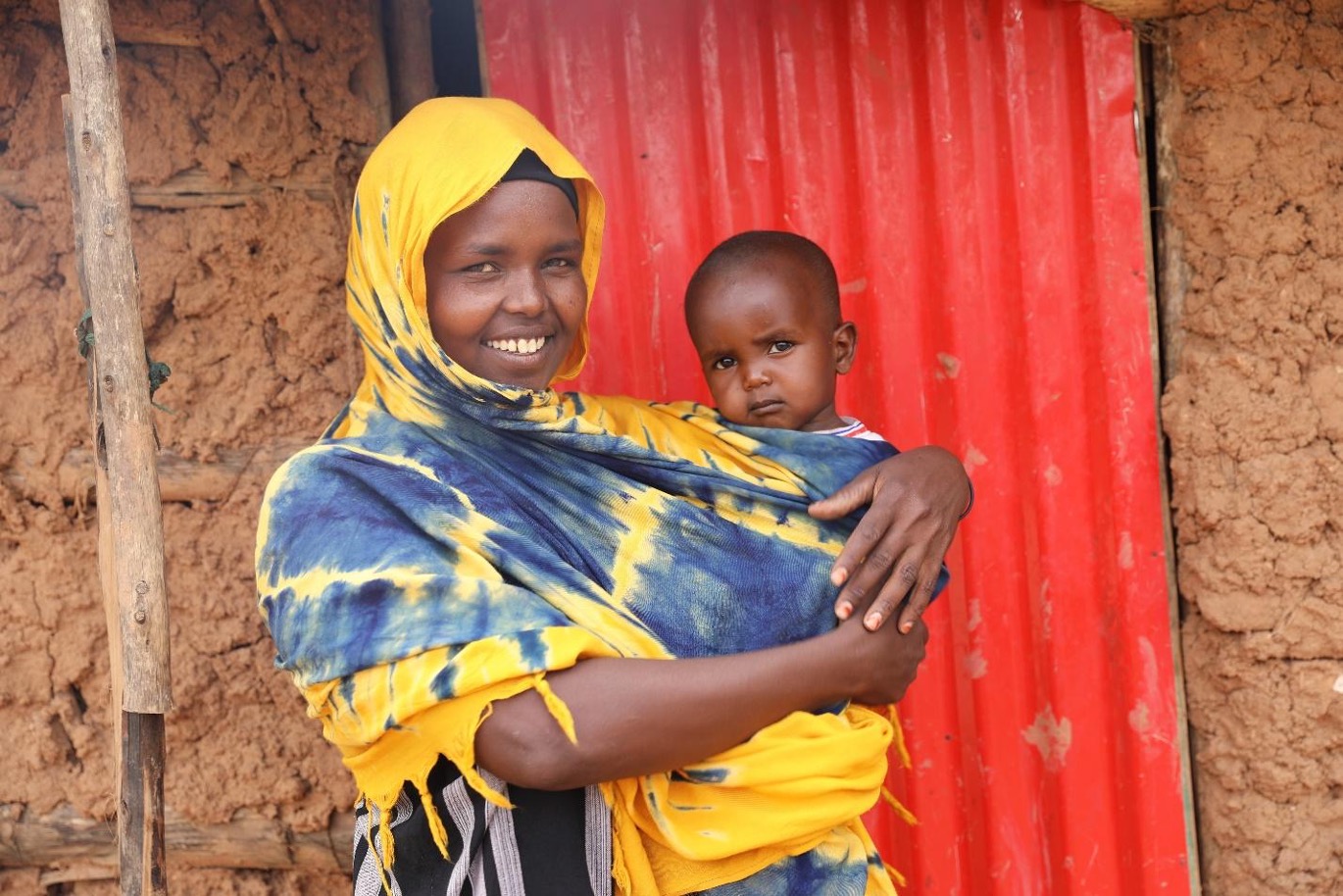
UNICEF Ethiopia/2024/ Sahilu
Hamdi Abduwaha (27) is a mother of seven, including two daughters. She strongly believes that child marriage and FGM are harmful practices.
“Child marriage brings many negative consequences for girls, including suffering during childbirth and menstruation,” she explains. Hamdi shares that they learned about these issues from women who visited their homes to spread awareness. While circumcision used to be common in their community, it is becoming less frequent.
“Personally, I will not have my daughters circumcised, as I understand the negative impacts,” she affirms. Overall, she feels that the community’s understanding has improved significantly, with everyone increasingly eager to send their children to school and promote a healthy lifestyle.
***
Source: This story is authored by the Canadian Development Agency.